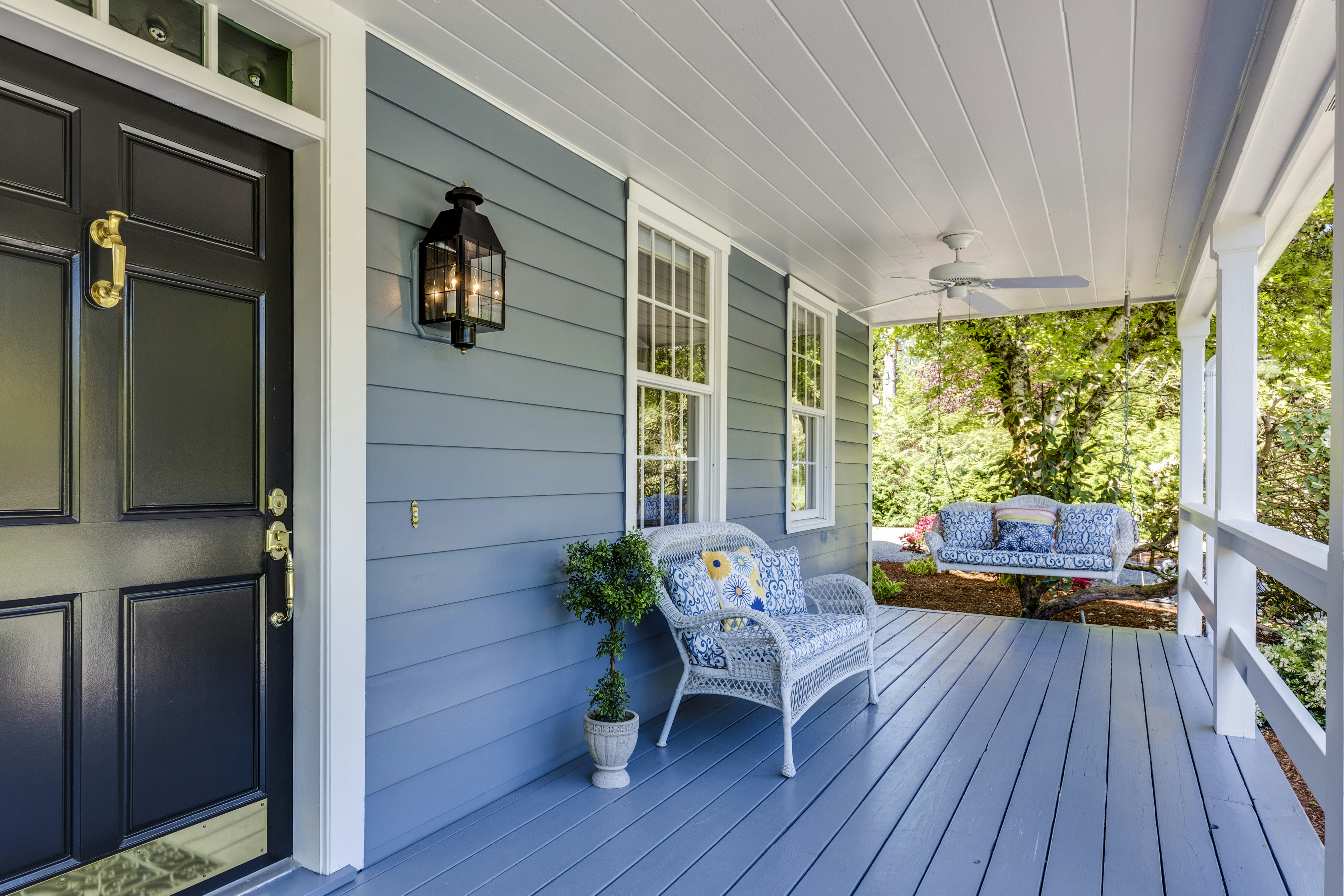What Stays with a House in Washington – Fixtures and Seller Responsibilities

Learn what stays with a house when selling in Washington. Understand the rules on fixtures, appliances, and property items that transfer to the buyer.
When selling a home in Washington, one of the most common questions is: “What actually stays with the house after closing?” Sellers and buyers alike want clarity on which items are considered part of the property and which can be taken by the seller.
This guide explains how Washington real estate law defines fixtures, what typically transfers in a home sale, and how to avoid disputes during escrow.
What Are Fixtures?
In real estate, a fixture is anything physically attached to the home or property in a way that would damage it if removed. Fixtures are considered part of the real estate and automatically transfer to the buyer unless otherwise excluded in the purchase and sale agreement.
Common examples of fixtures include:
- Built-in appliances (dishwashers, ovens)
- Light fixtures and ceiling fans
- Cabinets and countertops
- Attached shelving units
- Faucets and plumbing hardware
- Built-in speakers or sound systems
- Landscaping and trees
🔗 Related glossary terms: Deed, Encumbrance, Bundle of Rights.
What Usually Stays in a Washington Home Sale
Here are typical items that stay with the property:
- Built-in Appliances – ovens, dishwashers, microwaves mounted into cabinetry.
- Lighting – chandeliers, sconces, and ceiling fans.
- Window Treatments – curtain rods, blinds, shutters.
- Landscaping – plants rooted in the ground, trees, irrigation systems.
- Attached Systems – HVAC units, water heaters, security systems.
What Sellers Can Usually Take
Items not permanently affixed are typically considered personal property and may be taken by the seller. Examples:
- Freestanding refrigerators and washers/dryers
- Portable microwaves
- Rugs and furniture
- Hanging artwork and mirrors not bolted to the wall
- Patio furniture and potted plants
Pro tip: If there’s any ambiguity, spell it out in the purchase and sale agreement to avoid disputes.
Common Areas of Dispute
Even experienced buyers and sellers can disagree on what qualifies as a fixture. Common gray areas include:
- Mounted TVs – does the wall mount stay, or just the TV?
- Chandeliers – sellers may want to take them, but buyers expect them to stay.
- Smart home devices – thermostats, doorbells, and cameras.
- Garage storage systems – if bolted, they’re fixtures.
How to Avoid Conflicts
- Clarify in Writing – specify inclusions/exclusions in the contract.
- Use the Form 21 Agreement – Washington’s standard form has sections for personal property.
- Disclose Early – if you want to keep a chandelier, exclude it in the listing.
- Negotiate Upfront – avoid surprises during escrow.
🔗 See related concepts: Escrow, Closing Costs, Title Insurance.
Why Fixtures Matter for Buyers
For buyers, understanding what stays helps avoid disappointment and ensures they get the full value they expect. For example:
- Expecting a home with all window blinds intact.
- Assuming the built-in bookshelves are part of the deal.
- Avoiding last-minute disputes that delay closing.
Why Fixtures Matter for Sellers
For sellers, disputes over fixtures can lead to:
- Renegotiations late in escrow.
- Negative buyer experiences.
- Even legal disputes if the buyer claims misrepresentation.
Clear disclosure is the best way to avoid these outcomes.
FSBO Sellers and Flat Fee MLS Listings
If you’re selling for-sale-by-owner (FSBO) in Washington, it’s especially important to clarify what stays with the home. Without an agent, you are responsible for:
- Writing exclusions clearly in the MLS listing.
- Responding to buyer inquiries.
- Managing negotiations directly.
With a flat fee MLS listing service, you can:
- Market your home professionally.
- Control costs while staying in charge.
- Clarify fixture inclusions/exclusions in your listing for transparency.
Key Takeaways
- Fixtures are items permanently attached to the property and usually stay with the house.
- Personal property can typically be removed by the seller.
- Gray areas like TVs, chandeliers, and smart devices should be clarified upfront.
- Sellers and buyers should document all inclusions/exclusions in the contract.
- Using a flat fee multiple listing service makes it easier for FSBO sellers to manage expectations and avoid disputes.
By understanding what stays with a house in Washington, you can prevent conflicts, protect your transaction, and ensure a smoother closing.
Looking to sell with full MLS exposure while saving thousands? Try Wayber’s flat fee MLS listing service today.
